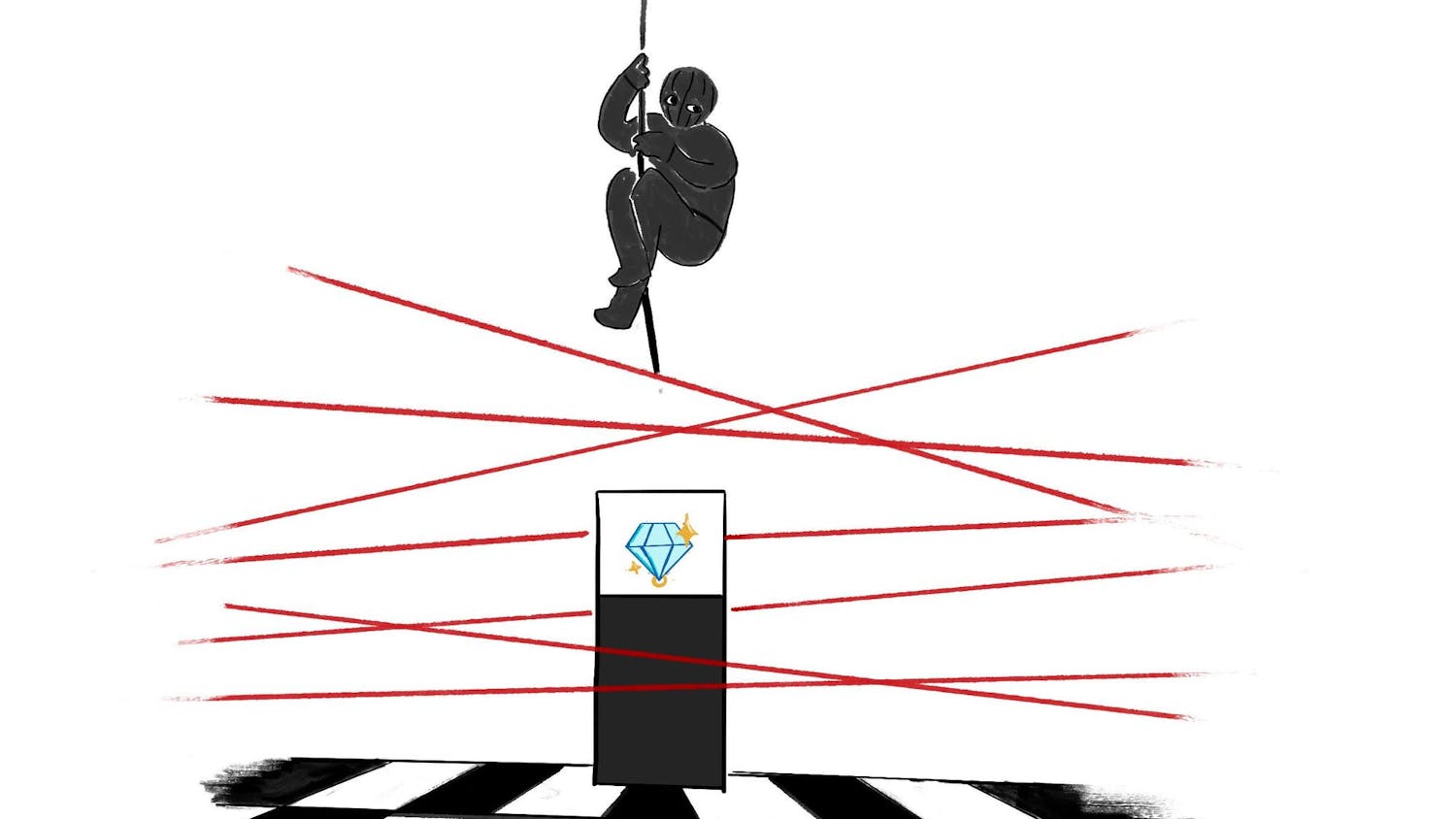Brace yourselves, election season is coming.
Not SGA elections, but the quadrennial ritual of selecting the president of the United States of America.
This year will be different because Alabama moved its primary to March 1 instead of June when the nominations are usually locked in.
The state has already seen visits from many of the top presidential candidates that Alabama almost seems like a swing state.
Soon news stories will be all about what a caucus is, and what exactly makes a superdelegate so super.
The news coverage is dominated with stories of the importance of Iowa and New Hampshire, but the SEC Super Tuesday, as March 1 has been called, will be when the country actually will begin to know who will be facing each other in the general election.
The South will be key for both parties’ nominating contests.
For the Republicans, it will show who really has the support of the conservative wing of the party, Donald Trump or Ted Cruz, or if Marco Rubio, Jeb Bush or Chris Christie can survive long enough to allow the party establishment to consolidate around them.
For the Democrats, the Southern primaries will be when reality will kick in, and the Bernie Sanders movement will begin to fade. At least that is my prediction. Predictions this early aren’t wise, but neither is a career in journalism.
A lot of college-age Democrats are enthusiastic about Sanders, however, 2016 isn’t 2008.
Sanders has impressed many with the levels of enthusiasm, but his levels of support are nothing compared to Barack Obama’s in 2008.
Sanders can pull big crowds in large cities such as Portland or Los Angeles, but in 2008 Obama drew large crowds wherever he went.
Sanders’ rally in Birmingham drew approximately 7,000, but Obama’s visit to Birmingham drew 11,000, according to The Birmingham News.
Enthusiasm is enough to win Iowa, but former Secretary of State Hillary Clinton has the backing of the party.
That backing will come into play in Southern red states where the Democratic Party’s organization strength comes from the African-American community. That organizational power will be put to use to get out the vote for Clinton.
The Democratic establishment also supports Clinton, who has 458 endorsements from congress members or governors, while Sanders just has two, according to FiveThirtyEight.com.
If the race does tighten up between Clinton and Sanders, those endorsements could make the difference where superdelegates could count for 20 percent of the vote at the Democratic National Convention.
Jim Little can be reached at editor@theplainsman.com
Do you like this story? The Plainsman doesn't accept money from tuition or student fees, and we don't charge a subscription fee. But you can donate to support The Plainsman.




